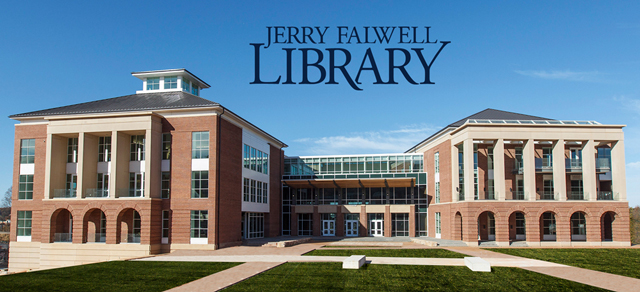Publication Date
1997
Document Type
Unpublished Manuscript
Disciplines
History of Religion | Other Education
Abstract
Baptist ministerial education in America expanded and changed significantly between 1850 and 1950. This evolutionary process was the product of religious, educational, political, and other forces. Many Baptists of the period opposed ministerial education, believing that the proper qualification for ministry was a divine calling rather than any human achievement. The education of ministers was a major motivating factor in the founding of most Baptist colleges, but many other factors contributed as well. The ministry training curriculum was a matter of debate in various areas—not least the tension between academic and practical concerns. Major Baptist educational leaders of the period included Francis Wayland, James Petigru Boyce, and Augustus Hopkins Strong. Three kinds of Baptist institutions emerged during the period: liberal arts colleges, theological seminaries, and Bible institutes/colleges. New (types of) institutions were founded as a result of the fundamentalist-modernist controversy. Throughout the period some Baptist institutions became more deeply denominational, while others distanced themselves from their religious roots. While the elevation of ministry education standards among Baptists led to some negative outcomes, higher education—including ministry education—is vital to the future of the Baptist movement. The field of Baptist higher education offers much potential for continued research.
Recommended Citation
Smith, Gregory A., "Baptist Ministerial Education in the United States, 1850-1950" (1997). Faculty Publications and Presentations. 43.
https://digitalcommons.liberty.edu/lib_fac_pubs/43



